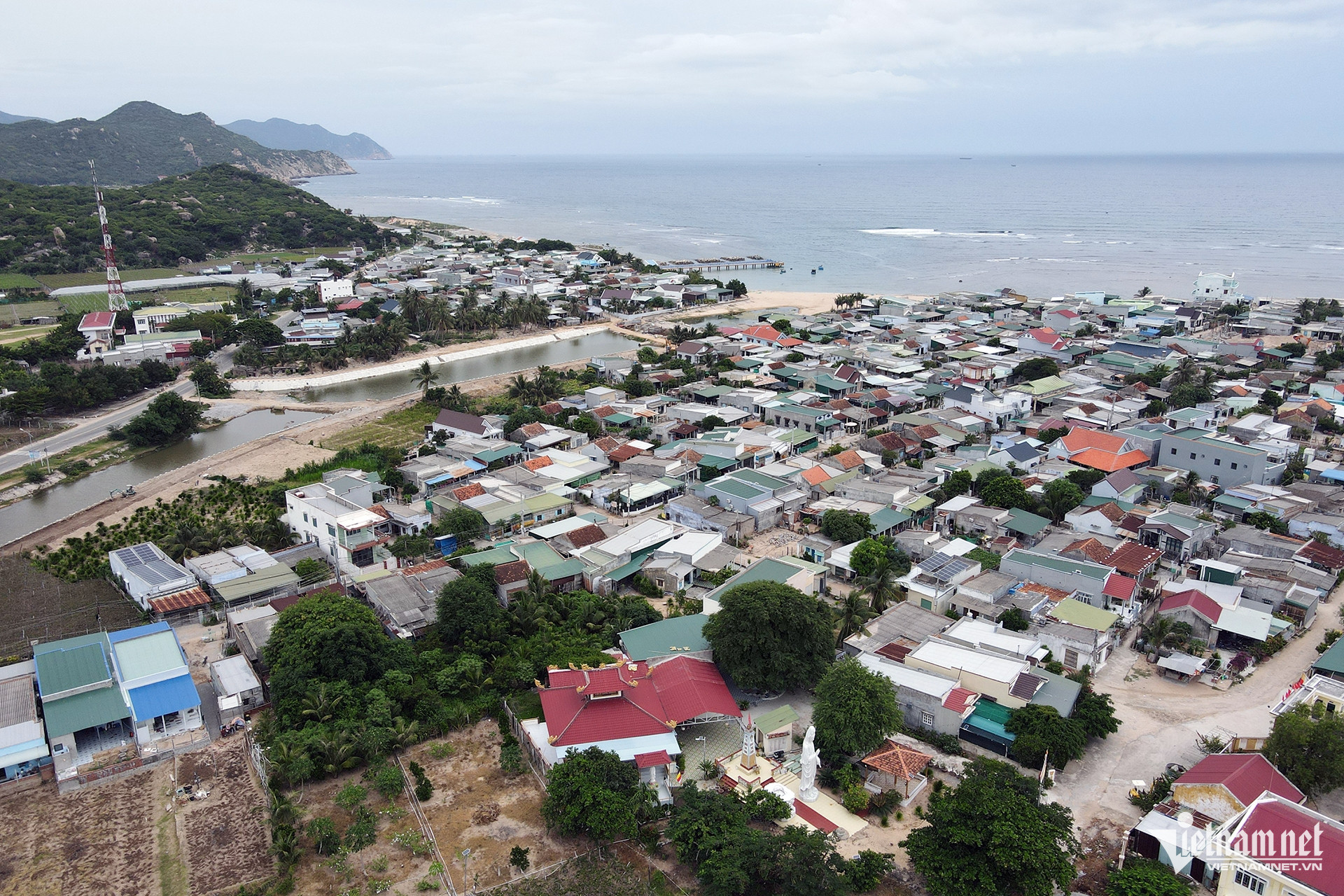
Son, during a talk with VietNamNet, stressed that Vietnam needs to reactivate the nuclear power development program and develop large-scale projects.
How would you, as an energy expert, describe the government’s plan to reactivate the nuclear power development program?
It is a necessity which should have been done a long time ago. Nuclear power should be seen as the underlying power source which can ensure stable supply, especially when we are planning to increase the proportion of wind and solar power.
In Vietnam, hydropower reserves have nearly been fully exploited. The ongoing hydropower projects are all expanded projects, not new ones. This means that the hydropower potential exploited has nearly hit the ceiling.
As for gas-fired power, especially LNG, the prices have been fluctuating heavily recently due to the geopolitical conflicts in the world. The costs to import LNG have become overly high, which has exceeded Vietnam’s tolerance.
The eighth national power development plan (Plan 8) mentions the shift from coal-fired power into LNG-fired power in an effort to diversify sources of energy. However, Vietnam has to rely on LNG imports, and the imports heavily depend on happenings in the world.
In order to become independent and self-sufficient in power, Vietnam needs to implement solutions to ease reliance on foreign supply. However, shifting to gas instead of coal, and increasing the proportion of renewables in Vietnam’s power generation network (solar power, onshore and offshore wind power), is not an easy work, because Vietnam has to import technologies and materials to develop types of power.
Meanwhile, we have favorable conditions to develop nuclear power. We have prepared for nuclear power development for 30 years. We have found reasonable locations for nuclear power plants, and we have considered related factors, from capacity of power plants to technologies.
It is obvious that the development of nuclear power will help Vietnam ease reliance on imports, and therefore, avoid being affected by fuel price fluctuations in the world, and geopolitical happenings.
The story about Europe is a big lesson for us to learn from. European countries have been facing challenges in energy supply because of the conflict between Russia and Ukraine. They have to import gas from other channels, including China and India, and other third parties, while considering reactivating coal-fired and nuclear power projects.
So, Vietnam now needs to weigh pros and cons to choose solutions suitable to current geopolitical conditions, as well as the orientation for the country’s development.
Where should we start if we want to reactivate nuclear power plan?
We have prepared well in scientific and technological resources, and human resources (we have a contingent of experts and engineers who have been trained over the last 20 years).
It is necessary to urgently invite experts trained in the field to work as consultants, and use their knowledge to give advice to the government about the process of resuming nuclear power development.
Regarding the locations for nuclear power plants, in the past, we chose two locations in Ninh Thuan, but after the National Assembly decided to postpone the projects, the local conditions might have changed.
Some experts have suggested that we should build nuclear power plants exactly on the locations. However, in order to do this, we would have to deal with the land allocated to other investors to develop their projects. If we cannot not deal with the problem, we will have to find other places, which will be very costly.
What do you think are the challenges for Vietnam in developing nuclear power? We wonder whether capital mobilization is a big challenge, if noting that we need to reserve resources for huge projects, including the North-South high-speed railway?
In general, nuclear power projects are always associated with financial packages and technology transfer. Vietnam is always very flexible in its diplomatic policies, so I think that capital for nuclear power can be arranged.
Regarding the opinion that the government can call for private investment in nuclear power development, I think that private investors should implement other projects such as highways and harbors. Meanwhile, nuclear power development is a complicated issue in both technology and national defence. I cannot think of any private investor in Vietnam that is sufficiently capable of deploying nuclear power projects.
Luong Bang - Tam An